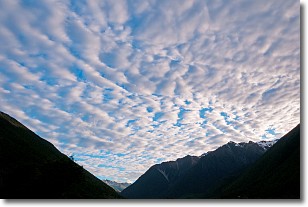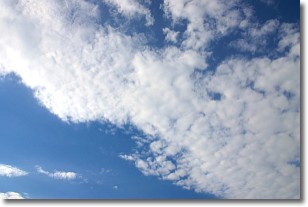Weather Alert in Colorado
Red Flag Warning issued August 14 at 2:50AM MDT until August 14 at 10:00PM MDT by NWS Grand Junction CO
AREAS AFFECTED: Little Snake; Routt; White River; Lower Colorado River; Colorado River Headwaters; Southwest Colorado Lower Forecast Area; Paradox Valley; Northern San Juan; North Fork; Gunnison Basin; Southwest Colorado Upper West Forecast Area; Southwest Colorado Upper East Forecast Area; Eastern Ashley National Forest; Eastern Uintah Basin; Book Cliffs; Colorado River Basin; Southeast Utah
DESCRIPTION: * AFFECTED AREA...In Colorado, Fire Weather Zone 200 Little Snake Forecast Area, Fire Weather Zone 201 Routt Forecast Area, Fire Weather Zone 202 White River Forecast Area, Fire Weather Zone 203 Lower Colorado River, Fire Weather Zone 205 Colorado River Headwaters, Fire Weather Zone 207 Southwest Colorado Lower Forecast Area, Fire Weather Zone 290 Paradox Valley Forecast Area, Fire Weather Zone 291 Northern San Juan Forecast Area, Fire Weather Zone 292 North Fork Forecast Area, Fire Weather Zone 293 Gunnison Basin Forecast Area, Fire Weather Zone 294 Southwest Colorado Upper West Forecast Area and Fire Weather Zone 295 Southwest Colorado Upper East Forecast Area. In Utah, Fire Weather Zone 485 Eastern Ashley National Forest, Fire Weather Zone 486 Eastern Uinta Basin, Fire Weather Zone 487 Book Cliffs, Fire Weather Zone 490 Colorado River Basin and Fire Weather Zone 491 Southeast Utah. * TIMING...For the Red Flag Warning, from noon today to 10 PM MDT this evening. For the Fire Weather Watch, from Friday afternoon through Friday evening. * WINDS...Southwest 10 to 15 mph with gusts up to 25 mph. * RELATIVE HUMIDITY...9 to 14 percent. * IMPACTS...Any fire that develops will catch and spread quickly. Outdoor burning is not recommended. * THUNDERSTORMS...Scattered dry thunderstorms on Thursday and Friday will be capable of producing frequent lightning and gusty outflow winds which, when combined with extremely dry conditions, will be capable of producing fire starts.
INSTRUCTION: A Red Flag Warning means that critical fire weather conditions are either occurring now, or will shortly. A combination of strong winds, low relative humidity, and warm temperatures can contribute to extreme fire behavior. A Fire Weather Watch means that critical fire weather conditions are forecast to occur. Listen for later forecasts and possible Red Flag Warnings.
Want more detail? Get the Complete 7 Day and Night Detailed Forecast!
Current U.S. National Radar--Current
The Current National Weather Radar is shown below with a UTC Time (subtract 5 hours from UTC to get Eastern Time).

National Weather Forecast--Current
The Current National Weather Forecast and National Weather Map are shown below.

National Weather Forecast for Tomorrow
Tomorrow National Weather Forecast and Tomorrow National Weather Map are show below.

North America Water Vapor (Moisture)
This map shows recent moisture content over North America. Bright and colored areas show high moisture (ie, clouds); brown indicates very little moisture present; black indicates no moisture.

Weather Topic: What are Stratus Clouds?
Home - Education - Cloud Types - Stratus Clouds
 Next Topic: Wall Clouds
Next Topic: Wall Clouds
Stratus clouds are similar to altostratus clouds, but form at a
lower altitude and are identified by their fog-like appearance, lacking the
distinguishing features of most clouds.
Stratus clouds are wider than most clouds, and their base has a smooth, uniform
look which is lighter in color than a nimbostratus cloud.
The presence of a stratus cloud indicates the possibility of minor precipitation,
such as drizzle, but heavier precipitation does not typically arrive in the form
of a stratus cloud.
Next Topic: Wall Clouds
Weather Topic: What are Altocumulus Clouds?
Home - Education - Cloud Types - Altocumulus Clouds
 Next Topic: Altostratus Clouds
Next Topic: Altostratus Clouds
Similar to cirrocumulus clouds, altocumulus clouds are
characterized by cloud patches. They are distinguished by larger cloudlets
than cirrocumulus clouds but are still smaller than stratocumulus clouds.
Altocumulus clouds most commonly form in middle altitudes (between 2 and 5 km)
and may resemble, at times, the shape of a flying saucer.
These uncommon formations, called altocumulus lenticularis, are created by uplift
in the atmosphere and are most often seen in close proximity to mountains.
Next Topic: Altostratus Clouds
Current conditions powered by WeatherAPI.com




